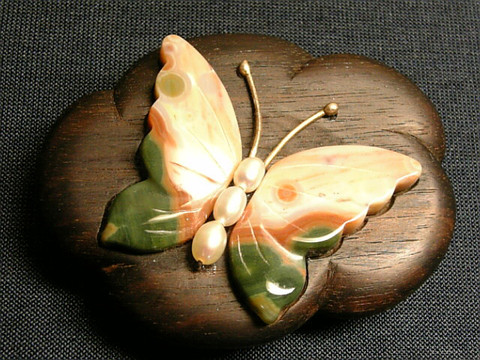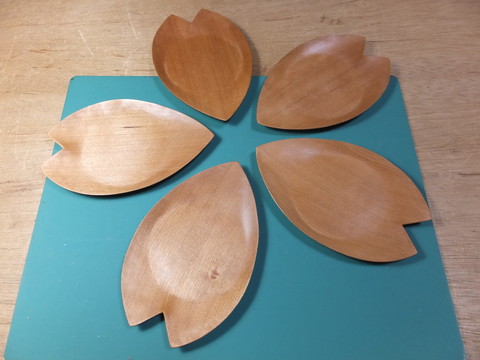
始まりは平安時代に遡ります。室町時代以後には専門の指物師が現れ、茶道文化の確立とともに、京指物も発展しました。
無垢板(むくいた)を用いた高級和家具の調度指物と、キリ、スギ、クワ、ケヤキ等の木の素材を生かした挽物(ひきもの)、曲物、板物等の茶道具指物があります。

Although this craft dates back to the Heian period (794-1185), specialist cabinet makers did not appear until during the Muromachi period (1392-1573), when this form of joinery developed in step with the ceremonial drinking of tea. Beside a range of the finest traditional household furniture made in solid wood, many pieces of turnery, bentwood work and items made from boards are also fashioned from such woods as paulownia (Paulownia tomentosa), Japanese cedar (Cryptomeria japonica), mulberry (Morus) and zelkova (Zelkova serrata).
Perhaps the most representative of the woods used is paulownia. Being both moisture and heat resistant, products made of this wood represent the very best in household storage. Great care is taken with its preparation by ensuring that it is well seasoned and that any impurities are removed before the wood is worked. Apart from the many items which are made for use in association with the tea ceremony, some very finely crafted chest-of-drawers and wardrobes are also made. Freestanding shelves are also produced, sometimes for the display of fine china. In all, there are now 17 firms employing 80 people, 10 of whom are government recognized Master Craftsmen, all dedicated to sustaining this craft.
出品作品

桜小皿5枚組(材も桜)
価格32400円(税込み)